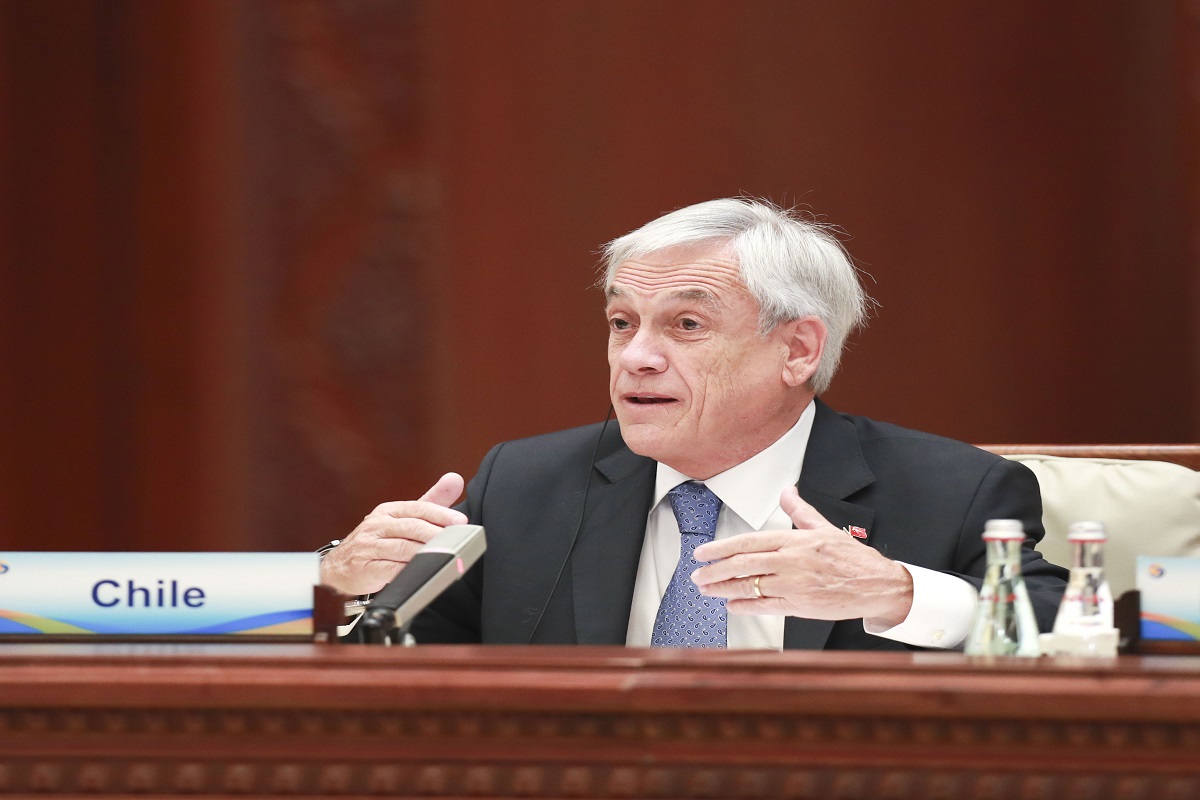In a Christmas Eve address, Chile’s President Sebastian Pinera on Tuesday called for an end to more than two months of anti-government protests and greater political cooperation.
President Pinera urged unity and conciliation not just with protesters, but also among his own ruling coalition of four parties, Chile Vamos, which has been divided by differences of opinion on how to deal with the political and social unrest, Xinhua news reported.
“A divided country … doesn’t have a good future. A united country that respects its differences but is capable of building together is a country that has a bright future,” the President further said.
“Leave behind all these feelings of conflict, of division, of confrontation and look for what unites us, instead of looking for what sets us apart,” he added.
Earlier on Monday, Pinera introduced a law that will allow the South American country to hold a referendum on April 26 to change its military dictatorship-era constitution.
Earlier in the month, thousands of demonstrators gathered onto the street of capital Santiago to pressurize President Pinera into taking “serious steps” to reduce inequality in the country battling a social upheaval for the last 50 days.
Pinera had submitted a proposal to offer aid to poor households.
The violent protests that started in mid-October prompting the government to declare a state of emergency and the deployment of soldiers in the provinces of Santiago and Chacabuco, as well as in the Metropolitan municipalities of Puente Alto and San Bernardo.
Clashes broke out between the protesters and the police in several parts of the city throughout the day and the subway was shut after attacks on several stations.
The crisis is the worst in three decades of Chilean democracy and has led to around 2,000 injuries, including some 280 people who suffered eye damage from shotgun pellets.
Although Chile has the highest per capita income of Latin America at $20,000, there is widespread frustration at privatized health care and education, rising costs of basic services and falling pensions.












